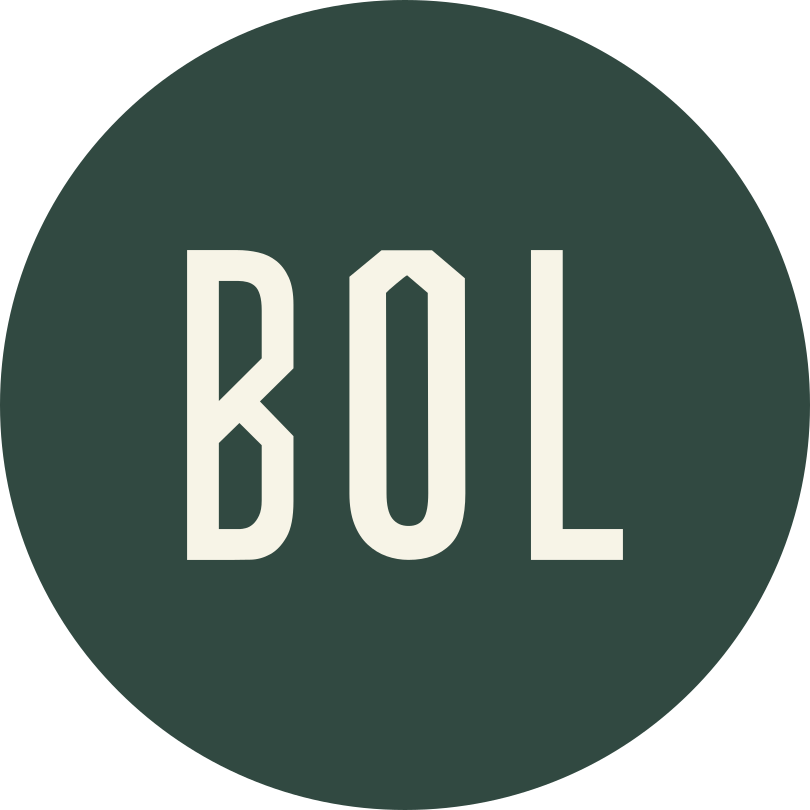We are a group of activists, educators, and workers with a shared goal of establishing Bol; a worker-owned café, bookstore, and event space in Washington DC. Bol sets itself apart from other bookstore cafés by adopting a worker-owned cooperative business model based on the ideals of global racial justice and economic democracy. Bol encourages our community to find global solidarities through a shared commitment to open dialogue, never-ending curiosity, and social change. We aim to serve as a model for creating wealth in the community through engaging conversations, reading groups, and stimulating talks.
Who are we?
The word bol means “speak” in Urdu and Hindi. When we say speak, we mean it! It is inspired by an Urdu poem titled Bol, by Faiz Ahmed Faiz. We want our community to bring their ideas, questions, and openness with them when they enter our shared space. We want to speak without fear and with the humility to learn something new. We want to speak in a way that has been slowly eroded in the era of fake news, pandemics, and miseducation. We want to speak against injustice by finding new ways to relate and act together. We want to speak with courage, conviction, and love. We want to speak with the intention of forging global solidarities rooted in a deep sense of care for one another.
Sadequain’s painting inspired by the poem Bol
When you come to Bol expect to: 1) find an incredible book you’ve never heard of from a place , near or far, you should know more about; 2) meet someone from a different place and profession with wildly interesting political values; 3) participate in a project for economic and political justice; 4) eat unique, tasty, comfort foods you won’t find anywhere else; 5) feel like you are right at home.
What to expect at bol
Our vision
Our organization has two primary principles:
1. Economic Solidarity
Worker cooperatives are values-driven businesses that put worker and community benefit at the core of their purpose. In contrast to traditional companies, worker members at worker cooperatives participate in the profits, oversight, and often management of the enterprise using democratic practices. The model has proven to be an effective tool for creating and maintaining sustainable, dignified jobs; generating wealth; improving the quality of life of workers; and promoting community and local economic development, particularly for people who lack access to business ownership or sustainable work options.
2. Political Solidarity
We as a collective recognize the divisiveness of our current political border regimes, produced out of histories of colonial occupation all over the world. In our everyday newsfeeds we are witness to the many that ways that race, ethnicity, religion, nation, gender, and sexuality, all create differential life possibilities. Perhaps, as concerning, these political categories have created fixed perceptions of ourselves that make it feel impossible to forge the kinds of connections with others that we dream of. Bol is committed to forging such political solidarity through connecting local histories in Washington D.C. to global projects for justice.

